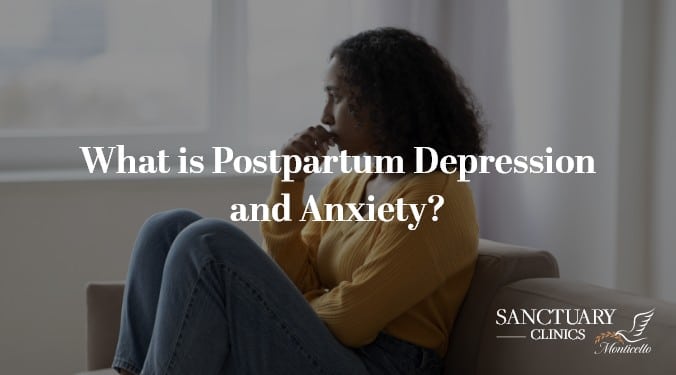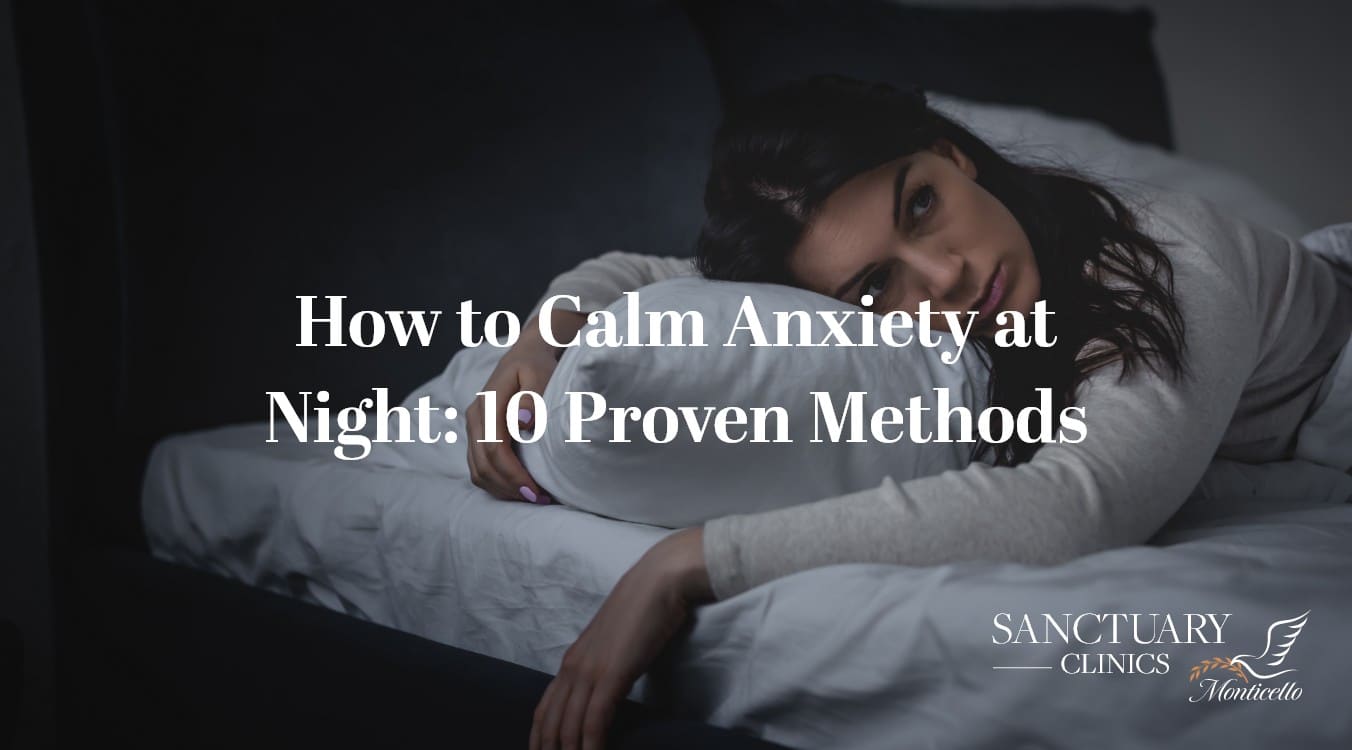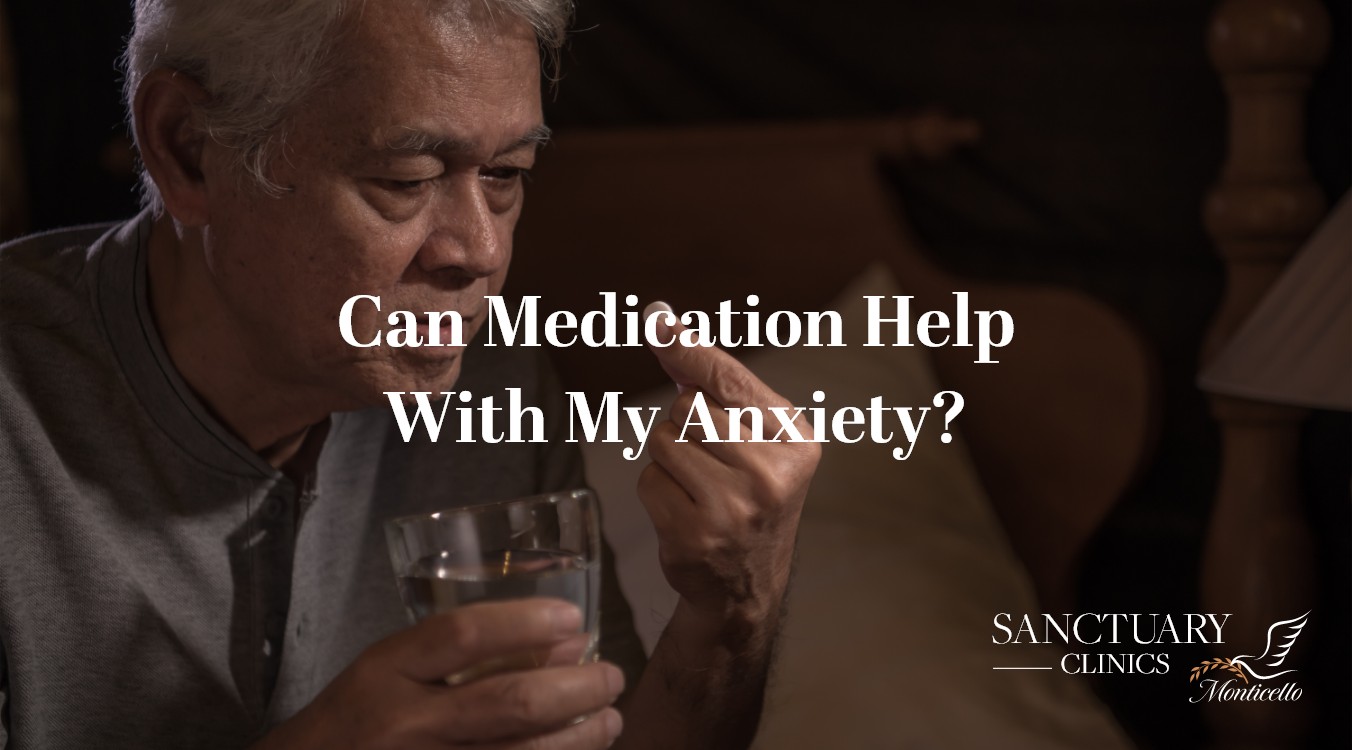Postpartum may be mistaken for baby blues (which lasts three to five days) at first, but the signs and symptoms are more serious and last longer. These symptoms may eventually interfere with your ability to care for your baby and handle daily tasks. Symptoms usually develop within the first few weeks after giving birth, but may begin earlier during pregnancy, or later up to a year after birth.
Postpartum depression and anxiety disorders are severe mental illnesses which occur after childbirth. They include the brain, and affect your behavior and physical health. A new mom experiences feelings of sadness and feels empty for longer than two weeks. This is highly likely accompanied by excessive worry about your child, your child’s health, and whereabouts. These feelings can be mild or severe.
The global prevalence of postpartum depression among women
Women’s Mental Health agrees women who experience postpartum depression also have significant anxiety symptoms. The symptoms commonly take the form of a generalized anxiety disorder (GAD) and obsessive-compulsive disorder (OCD), persistent and excessive worries, intrusive thoughts, irrational fears, feelings of tension, and inability to relax. Often the worries are focused on your baby’s health and safety.
According to Nature.com, the prevalence of PPD varies from 10% to 15% during the first year after birth. According to a systematic review of 47 studies from 18 low and lower-middle-income countries, the prevalence of PPD is 18.6%. Furthermore, another review involving 143 studies from 40 countries found a broader variety of PPD prevalence rates, ranging from 0.5% to around 60%. Cultural variations, diverse reporting practices, different viewpoints on mental health issues and stigma, socioeconomic class, poverty, poor social services, deficient nutrition, elevated stress, and biological factors can all be related to this broader continuum.
Causes of postpartum depression and anxiety
According to Medical News Today and Women’s Health, the cause of PPD is not fully known, but there are some factors to consider such as hormonal changes, which may trigger postpartum depression. This is because when you are pregnant, levels of estrogen and progesterone are at their highest, and after the first 24 hours of giving birth, these hormones go back to normal. Researchers think the sudden change in hormone levels could lead to depression, and they compare the hormone changes to just before a women’s menstrual cycle, only with more extreme swings in hormone levels.
Other causes could be:
- A drop of thyroid hormones after giving birth
- Feeling tired after labor and delivery
- Grief about the loss of who you were before conceiving
- A lack of free time because of the birth of a baby
- An unrealistic need to be a perfect mom
- Feeling overwhelmed with the responsibility of taking care of the baby
- Doubts and feelings of worry about your ability to be a good mother
- Feeling less attractive
- Feeling tired from sleep deprivation or broken sleep
- Stress from changes in work and home routines
- A previous history diagnosis or family history of depression or bipolar disorder
- Having breastfeeding difficulties
- Having an unwanted pregnancy
- Having a substance use disorder
- Not having support from family members, friends or support groups
- Having experienced complications during delivery
- Having a baby with special needs
- Experiencing preterm birth
- Having a baby with low birth weight
- The need for the infant to spend time in the hospital
- Stillbirth and pregnancy loss
Symptoms of postpartum depression
Symptoms after childbirth vary from mild to severe. According to Mayo Clinic, baby blues which last three to five days postpartum include:
- Mood swings
- Anxiety
- Irritability
- Feeling overwhelmed
- Crying
- Reduced concentration
- Appetite problems
- Extreme sadness
Postpartum depression symptoms may include:
- Difficulty thinking or focusing
- Feelings of sadness
- Frequent or long bouts of crying
- Hopelessness
- Severe anxiety and panic attacks
- Difficulty bonding with your baby
- Overwhelming fatigue or loss of energy
- Withdrawing from family and friends
- Feeling worthless, feeling guilty, or feeling like a bad mother
- Experiencing headaches, aches, and pains, or stomach problems which don’t go away
- Trouble sleeping or sleeping too much
- Feeling restless or moody
- Low motivation and a lack of interest in activities
- Thoughts of harming yourself or your baby
- Recurrent thoughts of death or suicide
Some women don’t share their symptoms with anyone because they feel ashamed or embarrassed about feeling depressed when they are supposed to be happy. They are concerned they might be seen as a bad mother. However postpartum depression is not the end of it all, and you can get help from medical professionals. Do not be discouraged.
Is there a relation between postpartum depression and postpartum psychosis?
In other cases, you may experience postpartum psychosis, a rare but severe mental health problem which needs immediate medical attention. Some symptoms include hallucinations, paranoia, mania, delusions, and confusion. According to Women’s Health, this happens to four new mothers out of every 1000 births. Postpartum psychosis is a medical emergency. Women who have bipolar disorder or another mental health condition called schizoaffective disorder have a higher risk of experiencing it. Symptoms may include:
- Seeing or hearing things which aren’t there
- Paranoia
- Restlessness or agitation
- Behaving recklessly or abnormally
- Trying to hurt yourself or your baby
- Feeling confused most of the time
- Having rapid mood swings within several minutes
What should I do if I have symptoms of postpartum depression?
- You should seek professional help immediately, whether it is a doctor, nurse, or midwife. Especially if the symptoms described under PPD haven’t gone away after two weeks.
Is there something I can do while I’m at home to feel better?
- Rest as much as you can when the baby is also sleeping.
- Don’t try to do everything yourself. Accept help from supportive friends, family and support groups.
- Express your feelings to your partner.
- Don’t make major life changes or decisions just after giving birth. This can cause an added layer of stress.
- Carve out some time to go out with your partner, friends, and family.
- Join a support group. Ask your caregiver or health care provider about groups in your area.
- Have a healthy diet and get regular exercise.
- Get at least seven to eight hours of sleep each night
- Keep all medical appointments and follow up with health concerns
Are some women more at risk of postpartum depression?A woman may be at more risk of postpartum depression if:
- She is going through depression while pregnant
- She conceives a child with special needs
- She is under twenty years old
- She had an unwanted pregnancy
- She has experienced substance abuse, whether alcohol or drugs
- She does not receive support from family and friends
- She has a personal or family history of bipolar disorder or other mental health disorders
- She had a problem with a previous pregnancy, birth, illness, or job loss
- She has twins, triplets, or multiple births
- She has difficulty breastfeeding
- She experienced postpartum after a previous pregnancy
What happens if postpartum depression is not treated?
According to Mayo Clinic, if postpartum depression is not treated, it can affect the mother, father, and child in the following ways:
Mother – Postpartum will last longer if not treated and can lead to a chronic depressive disorder later. Even when treated, postpartum depression increases the risk of a mother experiencing major depression later in life. There is a higher risk of attempting suicide, trouble bonding with her child, and trouble tending to her individual needs and taking care of the baby.
If suicidal thoughts and attempts to commit suicide continue to occur, please contact a medical professional or mental health provider immediately or reach out to a pastor or someone in your faith community.
Father – New fathers are already at risk of depression due to their partners being depressed and among other factors. It can be an emotional rollercoaster and strain on everyone close to the baby.
Child – The child may not be able to bond well with their mother. They may suffer from emotional and behavioral problems such as:
- Delay in language development
- Sleeping and eating problems
- Excessive crying and agitation
- Shorter height and higher risk of obesity in pre-schoolers
- Difficulty adjusting to school and social situations
- Problems dealing with stress
What treatment is available for postpartum depression?
Postpartum treatments are essential in reuniting the mother back with her child and family. According to Women’s Health and Mayo Clinic, postpartum depression is often treated with psychotherapy (talk therapy or mental health counselling), medication, or both.
Psychotherapy – Cognitive behavioral therapy (CBT) may help resolve moderate postpartum depression. Its goal is to find new ways for the mother to approach and interpret situations and to develop more positive ways of thinking. Interpersonal therapy is another good option. It aims to improve communication skills and help develop social networks. This helps a mother manage challenges which may otherwise lead to depression.
If postpartum depression is severe and other strategies are not effective, a doctor may recommend electroconvulsive therapy formerly known as electroshock therapy. This is a safe, controlled procedure for depression and other psychological disorders which haven’t responded to other treatments. A small amount of electric current is passed through the brain and causes a brief seizure. According to Medical News Today, between 70% and 90% of patients experience a rapid improvement in symptoms.
Medication – Antidepressant medicines can help relieve symptoms of depression, and some can be taken while you’re breastfeeding. They may, however, take several weeks to start working. The Food and Drug Administration (FDA) has also approved a medicine called brexanolone to treat postpartum depression in adult women. Due to the risk of side effects, this drug can only be administered by a doctor or nurse through an IV for 2½ days (60 hours) in a clinic or office. Brexanolone may not be safe to take while pregnant or breastfeeding.
Sources
Mayo Clinic. (2018, September 1). Postpartum depression – Symptoms and Causes. Mayo Clinic. https://www.mayoclinic.org/diseases-conditions/postpartum-depression/symptoms-causes/syc-20376617
Mayo Clinic. (2018). Postpartum depression – Diagnosis and treatment – Mayo Clinic. Mayoclinic.org. https://www.mayoclinic.org/diseases-conditions/postpartum-depression/diagnosis-treatment/drc-20376623
Wang, Z., Liu, J., Shuai, H., Cai, Z., Fu, X., Liu, Y., Xiao, X., Zhang, W., Krabbendam, E., Liu, S., Liu, Z., Li, Z., & Yang, B. X. (2021). Mapping global prevalence of depression among postpartum women. Translational Psychiatry, 11(1), 1–13. https://doi.org/10.1038/s41398-021-01663-6
Office on Women’s Health. (2018, October 18). Postpartum depression. Womenshealth.gov. https://www.womenshealth.gov/mental-health/mental-health-conditions/postpartum-depression
Postpartum depression: Symptoms, causes, and diagnosis. (n.d.). Www.medicalnewstoday.com. https://www.medicalnewstoday.com/articles/237109#treatment
Electroconvulsive therapy: Benefits and risks. (2017, June 19). Www.medicalnewstoday.com. https://www.medicalnewstoday.com/articles/297655
MGH Center for Women’s Mental Health. (2015, October 7). Is It Postpartum Depression or Postpartum Anxiety? What’s The Difference? – MGH Center for Women’s Mental Health. MGH Center for Women’s Mental Health. https://womensmentalhealth.org/posts/is-it-postpartum-depression-or-postpartum-anxiety-whats-the-difference/









